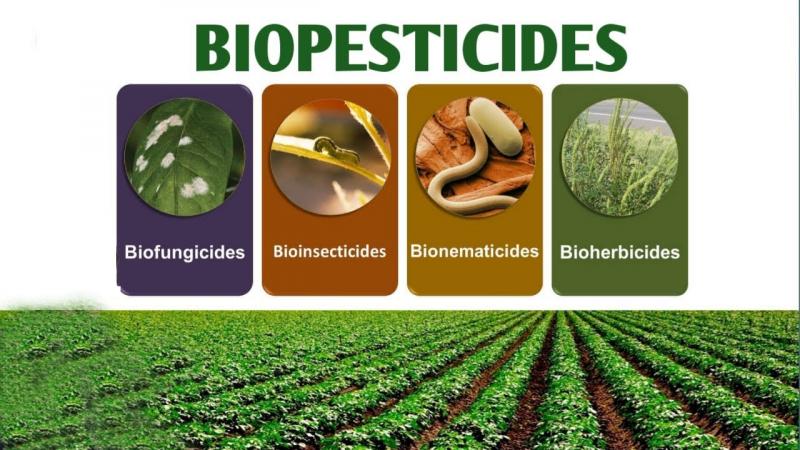Introduction
The global agricultural sector faces a constant challenge in balancing the need for increased food production with the preservation of our environment and ecosystems. In recent years, there has been a significant shift towards more sustainable and eco-friendly pest management practices. This paradigm shift has led to the rise of the biopesticides market, offering farmers and growers an environmentally conscious alternative to conventional chemical pesticides. In this article, we explore the growing popularity of biopesticides, their advantages, applications, and the role they play in fostering sustainable agriculture.
Understanding Biopesticides
Biopesticides are derived from natural substances, including plants, animals, bacteria, and fungi, and are used to control pests, diseases, and weeds that can harm crops. Unlike traditional chemical pesticides, biopesticides work in harmony with nature, offering targeted and selective pest management while minimizing adverse effects on non-target organisms, beneficial insects, and the environment.
Advantages of Biopesticides
-
Environmentally Friendly: Biopesticides are inherently less toxic and biodegradable, reducing the risk of environmental contamination and pollution. They leave little to no harmful residue, ensuring safer food and water supplies for both consumers and wildlife.
-
Low Toxicity to Non-Target Organisms: Unlike chemical pesticides that may harm beneficial insects, birds, and other wildlife, biopesticides have minimal impact on non-target organisms, helping maintain ecological balance.
-
Resistance Management: Pests can develop resistance to chemical pesticides over time, rendering them less effective. Biopesticides offer an excellent tool for resistance management as pests are less likely to develop resistance against these natural control agents.
-
Shorter Pre-Harvest Intervals: Biopesticides often have shorter pre-harvest intervals, allowing farmers to apply them closer to the harvest date without concerns about pesticide residue levels on crops.
Applications of Biopesticides
-
Agriculture: In conventional farming, biopesticides are used to control pests and diseases in various crops, such as fruits, vegetables, cereals, and legumes. They play a crucial role in Integrated Pest Management (IPM) strategies, promoting sustainable agriculture.
-
Horticulture: Biopesticides find extensive use in horticulture for pest control in orchards, vineyards, and ornamental plants, ensuring healthy and aesthetically pleasing landscapes.
-
Organic Farming: Organic farmers rely heavily on biopesticides as a primary means of pest management. Biopesticides are an integral part of the organic certification process, meeting stringent guidelines for eco-friendly farming practices.
-
Seed Treatment: Biopesticides are also applied as seed treatments to protect seeds from pests and diseases, promoting healthy seedlings and ensuring better crop establishment.
Conclusion
The biopesticides market represents a promising frontier in the realm of sustainable agriculture. With their environmentally friendly nature, reduced toxicity, and potential for resistance management, biopesticides offer a viable solution for effective pest control while safeguarding our ecosystems. As farmers and consumers increasingly prioritize sustainable and organic produce, the demand for biopesticides continues to rise, fostering a positive shift towards greener and more sustainable pest management practices in the agricultural landscape. By embracing biopesticides, we can nurture healthier crops, protect biodiversity, and cultivate a more harmonious relationship between agriculture and the environment.
